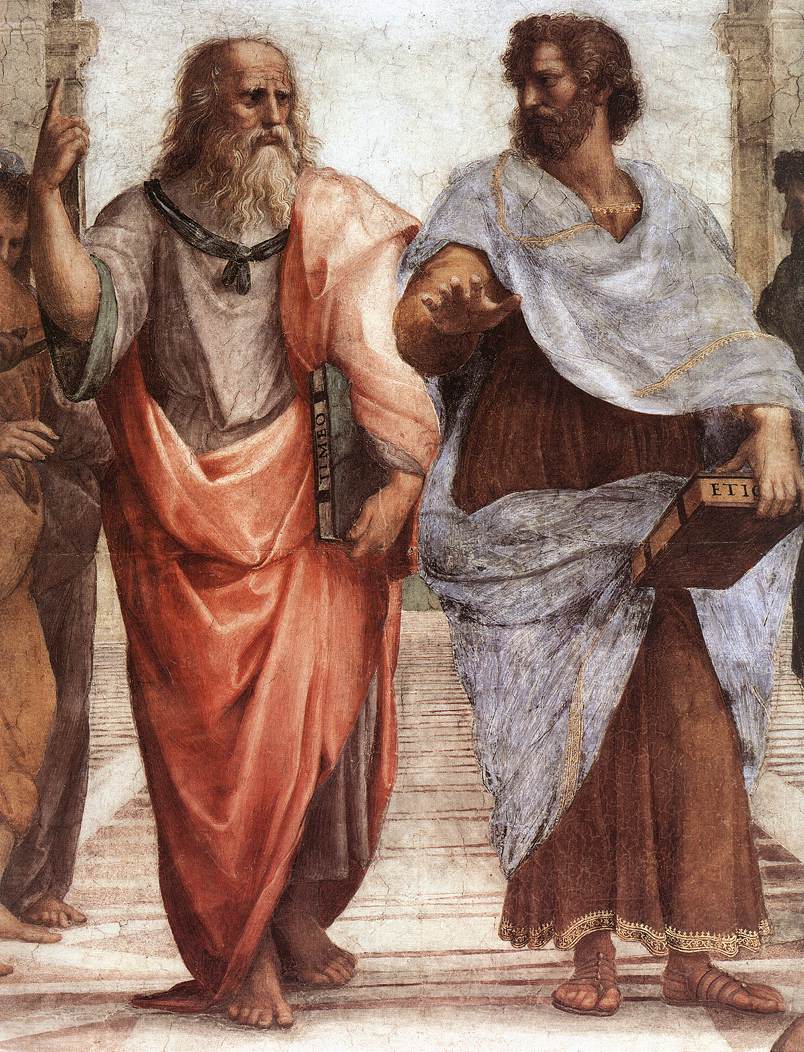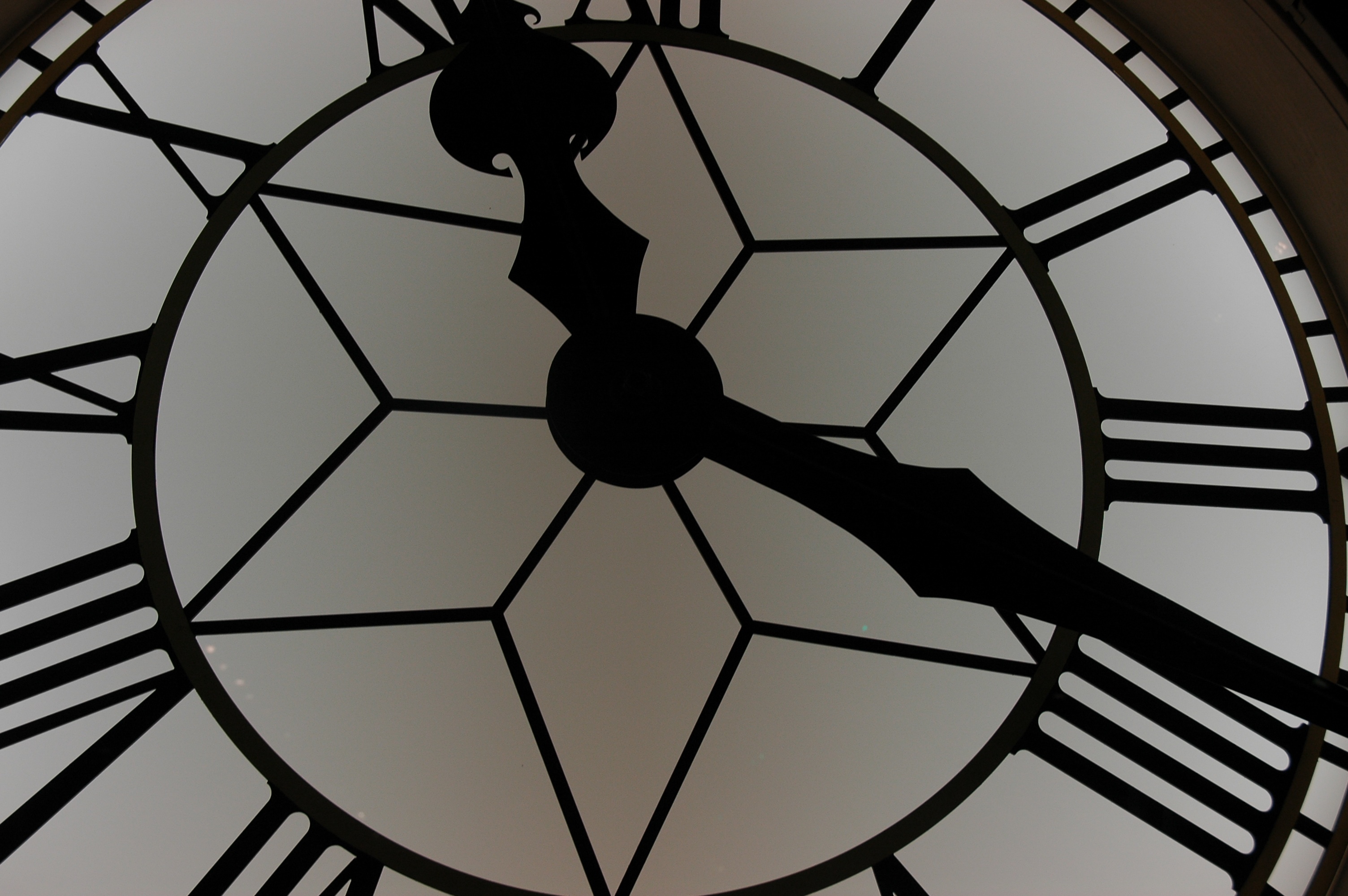Lord Neuberger, the Supreme Court president, has warned that coverage of the Brexit case risked undermining the “rule of law”. He was referring to criticism by some tabloid newspapers of the three judges involved in the Article 50 case, including one headline that branded them “enemies of the people”. In this article, we look at the meaning of this important concept and how, combined with a healthy dose of human rights, the rule of law is both a cornerstone and strengthener of the modern liberal democracy we live in today.
First things first, there is no ‘official’ definition of the rule of law. The idea dates at least as far back as the Greek philosopher Aristotle, who wrote that “it is more proper that law should govern than any one of the citizens“. The idea of the rule of law is still strong today, with the phrase appearing in a number of global news stories daily.

Greek philosopher Aristotle (R) was a strong supporter of the rule of law
At its root, the rule of law is the legal principle that a nation should be governed by law, and not by arbitrary decisions of individual government officials. A famous British judge, Tom Bingham, gave this definition of the rule of law in his well-known book on the subject:
All persons and authorities within the state, whether public or private, should be bound and entitled to the benefit of laws publicly made, taking effect (generally in the future) and publicly administered in the courts.
But what does this actually mean?
1. The law applies to everyone

The law must apply to everybody; nobody is above (or indeed below) the law. This is particularly important as it means that the Government, its ministers, and all state entities have to act in accordance with the law. This makes sure that government acts in a predictable way rather than do what it pleases, such as randomly tax and imprison people.
2. Laws can’t be secret
The law must be made in public through a transparent process. It must be accessible to everyone after it is made. It would be very unfair if the Government set a secret speed limit, did not tell anyone what it is, but fined people anyway. This way people are able to plan their behaviour and predict how they are treated by government authorities.
3. No past laws

From the day a law is made, it must take effect in the future; it can’t apply to past scenarios (apart from in a few limited situations). To take the speed limit example again, imagine if you drove within a 30mph speed limit one day. Then the next day the Government decided that yesterday’s speed limit was actually 20mph, and fined you for breaking it. This would clearly be unfair, as you had no opportunity to change your behaviour.
4. The courts make sure the law is correctly applied
Finally the courts must administer the law, and judge on any disputes. This is to ensure that the law is correctly applied and the rule of law (more broadly) is upheld.
What about human rights?
Some argue that the rule of law has nothing to do with human rights and that even a legal system where slavery was allowed could still uphold the rule of law. There is some logic to this argument; in theory, a publicly available law, which applied to everyone, was enforced by the courts, and did not apply to past events, could be a law that legalised slavery.
But to many there is something unsatisfactory about this. At its most basic, the rule of law is a tool to protect citizens against their Government – to ensure it does not treat them unfairly, or arbitrarily deprive them of their rights. But what is the point of this system of protection if it can then be undermined by a government unwilling to respect people’s human rights?
The rule of law is therefore an empty concept without human rights; it does not really protect anyone. And so protecting our fundamental human rights must be another key part of the definition of the rule of law. In the UK, our rights are protected through the European Convention on Human Rights, which takes effect through the Human Rights Act.
Find out more:
- 15 Things You Didn’t Know the Human Rights Act Has Done For Us
- 66 Years of the European Convention on Human Rights
- 6 Important Ways the European Court of Human Rights Protects Us







